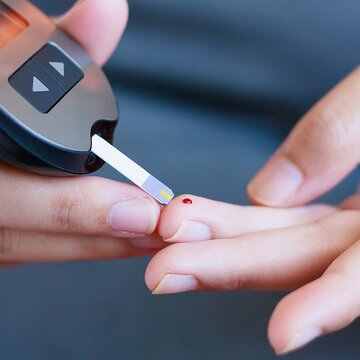Regular exercise and timely meals are not the sole keys to wellness. Getting adequate sleep is crucial for taking care of one's body. In our modern, busy lives, sleep deprivation has become a persistent issue. Despite efforts, it's often impossible to make up for lost sleep. And this very deficit is escalating the risk of danger. Recent research suggests that insufficient sleep increases the likelihood of heart disease. A study conducted by the American Heart Association found. Moreover, sleep deprivation is also linked to cancer.
Nighttime is when the body repairs the damage it has sustained, and restoration occurs during sleep. However, consistently decreasing sleep duration can lead to increased inflammation. Which can contribute to heart damage and increase the risk of developing cancer. The National Institutes of Health states that insufficient sleep is associated with an increased risk of hypertension, diabetes, and coronary heart disease.
The connection between lack of sleep and cancer is also evident. Various studies have shown that the habit of sleeping less at night can reduce the production of the hormone melatonin. Melatonin not only acts as a 'sleep-inducing' drug but also contains powerful antioxidant properties. This can slow the growth of cancer cells. When hormone balance is maintained, the fear of developing cancer diminishes.
How can you increase your sleep duration?
Surprisingly, Control of this aspect is in the hands of every person. To avoid life-threatening diseases, 7 to 9 hours of sleep at night is required. For uninterrupted, quality sleep, it's crucial to follow certain rules. Additionally, it's best to avoid caffeinated food or drinks before bedtime.











